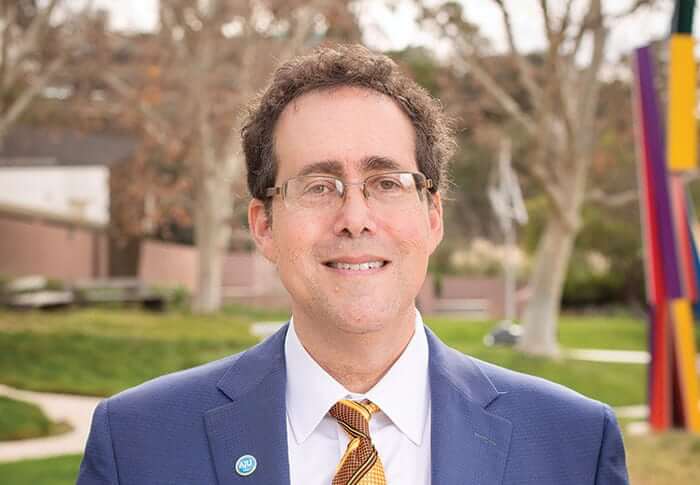The Survivors’ Legacy
Wrenching though the process has been, some good may yet come from the debate that has split the Jewish community during the last year over the proper use of restored Jewish property from the Nazi era. If the lessons are learned and acted upon, the lives of survivors may yet be improved and the legacy of the Holocaust strengthened for future generations. But that is a big “if.”
The debate was launched when a Florida-based group, the Holocaust Survivors Foundation, began questioning the use of some German restitution funds to support Holocaust education and documentation programs rather than to assist needy survivors. In the course of a raucous and sometimes overly vindictive campaign, the foundation and its allies succeeded in focusing worldwide attention on the growing plight of the survivors, rapidly aging, increasingly frail and too often lacking proper care. Meeting their needs, the foundation said, is the prime duty of the agency that administers Holocaust-era reparations and restitution payments, the Conference on Jewish Material Claims Against Germany. Diverting revenues to other purposes amounts to taking bread from survivors’ mouths.
The debate ended this week, as it should have, with a unanimous decision by the Claims Conference governing board to reject the foundation’s demands and continue spending a share of revenues on education and documentation. Helping the survivors in their final years is a vital duty, the conference decided, but so is preserving the memory of those who were murdered, and ensuring that the world learns the lessons of history’s greatest crime.
Some of the passion surrounding the debate results from confusion over the source of the funds in dispute. While most of the Claims Conference’s $800 million yearly budget consists of allowances to survivors from German reparations funds and direct payments from properties restored to their owners, a fraction consists of unclaimed funds from the sale of heirless properties, as well as humanitarian foundations created by the Germans, the Swiss and others. It is that revenue that the conference has chosen to divide according to its controversial 80-20 formula, with 80% going to assist needy survivors and 20% toward education and documentation.
In making its decision, the Claims Conference did not minimize the plight of the survivors. The level of want and isolation, even among those who made their lives here in America, the world’s richest nation, is shocking. It is to the credit of the survivors foundation that it has managed to train a spotlight on the survivors’ plight, thereby forcing it onto the agenda of the Jewish community.
The enemy facing these frail survivors today, however, is age, not persecution. For many, their current condition is partly due to their suffering a half-century ago. But if they now lack adequate health and nursing care, it is because the societies where they live choose not to care for the poor, sick and aging.
In preparing for this week’s vote, the Claims Conference made extraordinary efforts to solicit the views of Jews around the world on how the funds should be spent. The responses, available on the Web (www.claimscon.org) make for instructive reading. The great majority of respondents — ordinary survivors, rabbis and scholars, Israeli Supreme Court justices, European leaders — endorsed the current 80-20 split, affirming in often powerful language the duty of remembrance.
A handful, mainly representing international Jewish religious and cultural bodies, urged that the education programs be broadened to include not just the Holocaust itself but the broader Jewish heritage that the Nazis tried to eliminate.
Another handful, mainly survivor groups and American Jewish social-service agencies, called for the money to be redirected to survivors’ needs. On careful examination, it appears that most of those letters came from the United States and Israel, two countries where great wealth is permitted to coexist with grinding poverty, where care for the sick, poor and aging is not considered society’s responsibility but the individual’s.
That callousness is an affront to the values of Judaism in any age, and a challenge to those who claim to carry on the legacy and heritage of European Jewry. It’s time for a real debate on how that legacy should be carried forward, and what we should be teaching our children.














